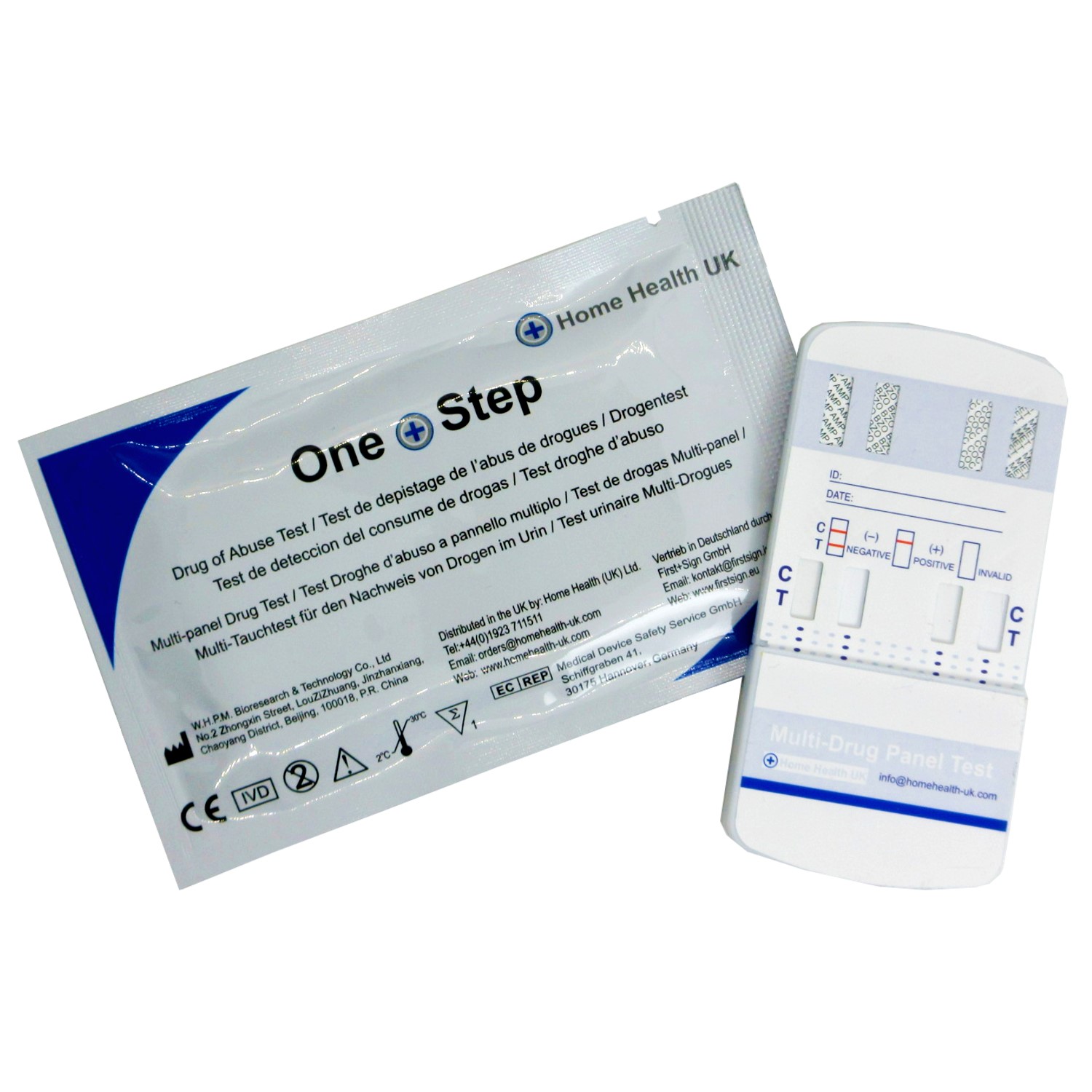
Are you ready to take control of your health and understand the importance of testing for herpes? If you have any concerns about the herpes virus, it is important to get tested to understand what is going on and how to proceed with treatment. Testing can be a difficult and intimidating process, but this guide is here to help. In this step-by-step guide, we will go through the different types of tests available, the steps involved in testing, and how to understand the results.
Types of Tests: When it comes to testing for herpes, there are two different tests – blood tests and swab tests. The blood test looks for the presence of antibodies that are produced when the virus is present in the body. The swab test looks for the virus itself, which is most commonly taken from an outbreak or sore. It is important to note that both tests have their own strengths and weaknesses, so it is important to consult with your doctor to determine the best testing option for you.
Steps in Testing: Once you have decided on the type of test you want to take, it is time to begin the testing process. For blood tests, you will need to visit a doctor or lab to have your blood drawn. The sample will then be sent to the lab for analysis and you should expect to get the results in about a week. For swab tests, you will need to take a swab of the affected area and send it to the lab for analysis. It is important to note that swab tests are not always accurate, as the virus may not be present in the sore or outbreak. Again, it is important to consult with your doctor to determine the best testing option for you.
Understanding the Results: Once you have received the results of your test, it is important to understand what they mean. If the test is positive, it means that you have been infected with the herpes virus and you should take steps to treat the infection. If the test is negative, it means that you do not have the virus and there is no need for treatment. However, it is important to note that even if the test is negative, you may still be at risk for the virus, so it is important to practice safe sex and other preventive measures.
Testing for herpes is an important step in maintaining your health and understanding your risk for the virus. With this step-by-step guide, you can be prepared to understand the testing process and the results. If you have any questions or concerns, it is important to talk to your doctor to determine the best course of action. With the right knowledge and understanding, you can take control and make informed decisions about your health.
| Chlorhexidine Gluconate | PreviDent Brush-on Gel |
| Get a healthy smile with Chlorhexidine Gluconate oral rinse. Treats gingivitis and fights harmful bacteria. Try it now!. | Experience extra-strength fluoride protection with Colgate PreviDent Brush-on Gel! Ideal for at-home use by adults. Easy to apply, once daily use. |
It is important to remember that herpes is a lifelong infection and there is currently no cure, so it is important to maintain safe sex practices and avoid sexual contact with an infected partner. If you do have an outbreak, it is important to practice self-care and talk to your doctor about treatment options. With the right information and support, you can take control of your health and live a happy and healthy life.

